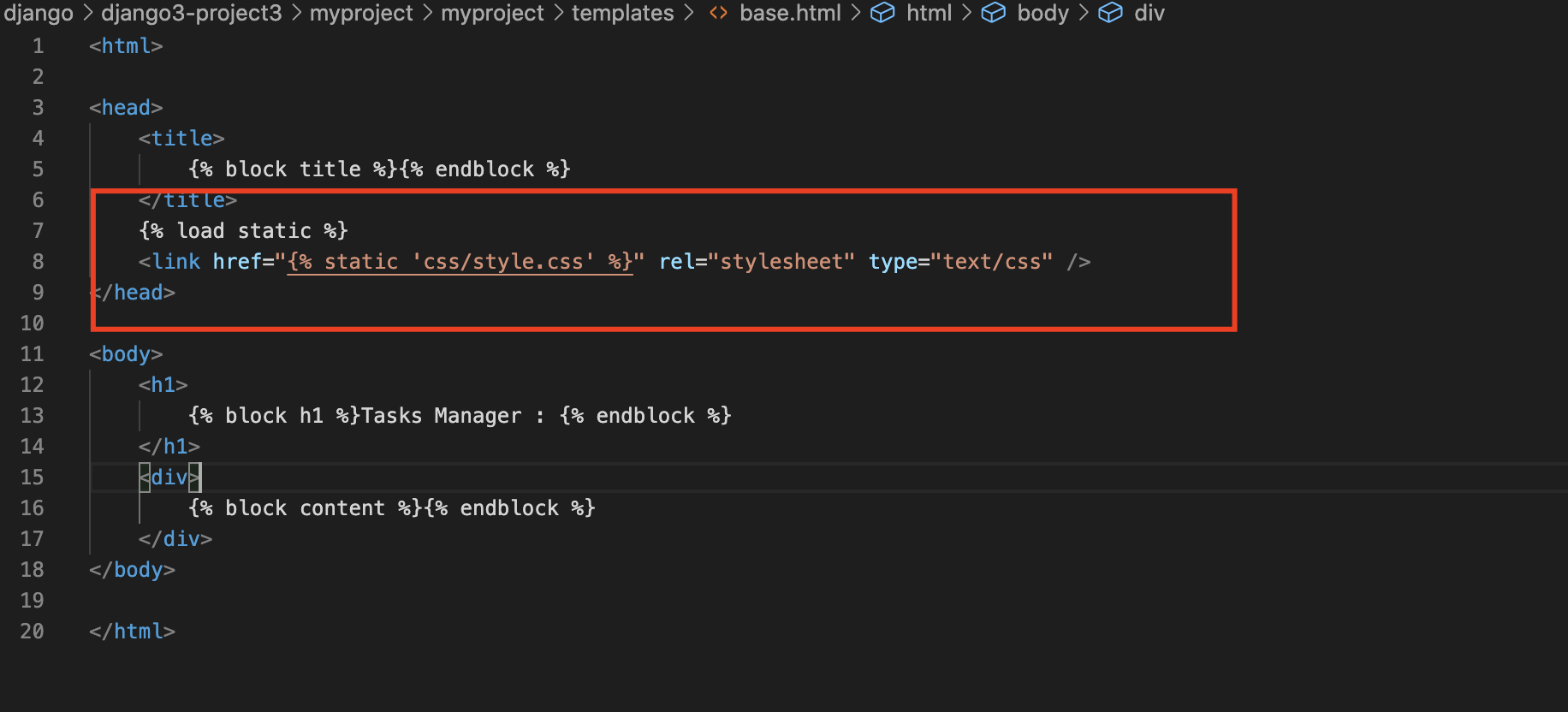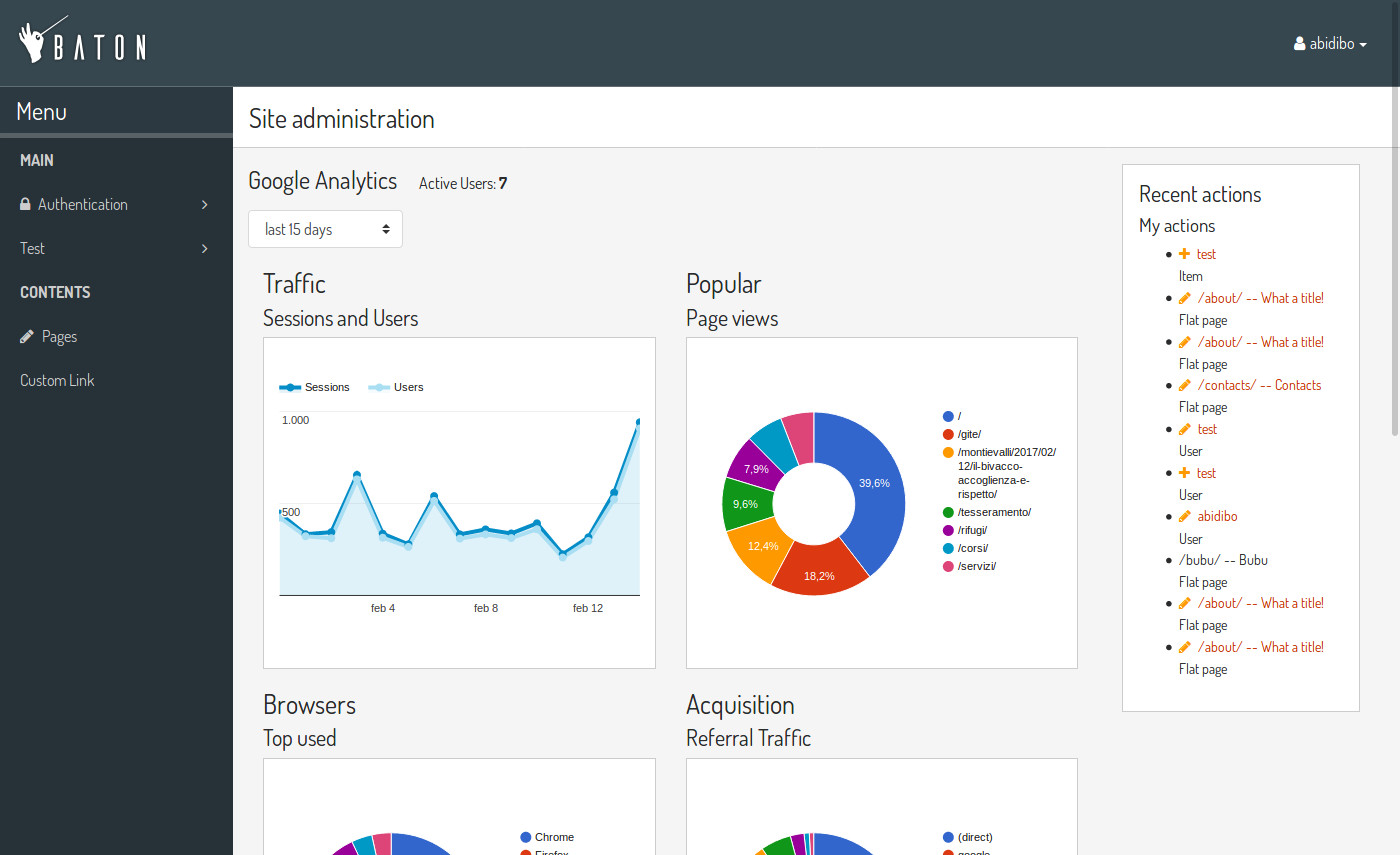Django Template Url
Django template url - Models import user from django. ./manage.py migrate./manage.py createsuperuser now edit the example/urls.py module in your project: If you have an item in your dictionary named 'items', you'll get that value back instead of a list of tuples. Get, by contrast, bundles the submitted data into a string, and uses this to. Django’s template language is designed to strike a balance. To design urls for an application, you create a python module called a urlconf. Django encourages beautiful url design and doesn’t put any cruft in urls, like.php or.asp. Django will look for templates in there. A urlconf maps url patterns to views. Urls import include , path from rest_framework import routers , serializers , viewsets.
Django’s login form is returned using the post method, in which the browser bundles up the form data, encodes it for transmission, sends it to the server, and then receives back its response. First, create a directory called templates in your polls directory. To clarify, items is a python method call on the dictionary, not a django keyword. So let’s use django’s template system to separate the design from python by creating a template that the view can use. As alex martelli points out it's basically the same as iteritems.as wilhelm answered, the dictionary lookup is 3rd in precedence for dot lookups.
All You Need to Know About Django MVT Architecture TechVidvan
Django will look for templates in there. First, create a directory called templates in your polls directory. Like a table of contents for your app, it contains a simple mapping between url patterns and your views.
Django 3 Using static files in templates
As alex martelli points out it's basically the same as iteritems.as wilhelm answered, the dictionary lookup is 3rd in precedence for dot lookups. To design urls for an application, you create a python module called a urlconf. Get, by contrast, bundles the submitted data into a string, and uses this to.
Django MVT Architecture AskPython
Django will look for templates in there. First, create a directory called templates in your polls directory. A urlconf maps url patterns to views.
Django Templates Tutorial Creating A Simple Template
./manage.py migrate./manage.py createsuperuser now edit the example/urls.py module in your project: To get from a url to a view, django uses what are known as ‘urlconfs’. Django will look for templates in there.
Django Baton, a cool, modern and responsive admin app
Nice concise solution to the question. If you have an item in your dictionary named 'items', you'll get that value back instead of a list of tuples. Get, by contrast, bundles the submitted data into a string, and uses this to.
Inventory Management System Project using Django with Source Code
Django’s template language is designed to strike a balance. Urls import include , path from rest_framework import routers , serializers , viewsets. Like a table of contents for your app, it contains a simple mapping between url patterns and your views.
Python, Django top frameworks and it's comparison MicroPyramid
Nice concise solution to the question. Django’s login form is returned using the post method, in which the browser bundles up the form data, encodes it for transmission, sends it to the server, and then receives back its response. Get, by contrast, bundles the submitted data into a string, and uses this to.
Django Crispy forms inline Formsets 'ManagementForm data' error with
First, create a directory called templates in your polls directory. To design urls for an application, you create a python module called a urlconf. Django’s template language is designed to strike a balance.
Django’s template language is designed to strike a balance. To get from a url to a view, django uses what are known as ‘urlconfs’. Get, by contrast, bundles the submitted data into a string, and uses this to. First, create a directory called templates in your polls directory. If you have an item in your dictionary named 'items', you'll get that value back instead of a list of tuples. As alex martelli points out it's basically the same as iteritems.as wilhelm answered, the dictionary lookup is 3rd in precedence for dot lookups. To design urls for an application, you create a python module called a urlconf. Like a table of contents for your app, it contains a simple mapping between url patterns and your views. Nice concise solution to the question. ./manage.py migrate./manage.py createsuperuser now edit the example/urls.py module in your project:
Urls import include , path from rest_framework import routers , serializers , viewsets. Django’s login form is returned using the post method, in which the browser bundles up the form data, encodes it for transmission, sends it to the server, and then receives back its response. Django will look for templates in there. So let’s use django’s template system to separate the design from python by creating a template that the view can use. Models import user from django. A urlconf maps url patterns to views. To clarify, items is a python method call on the dictionary, not a django keyword. Django encourages beautiful url design and doesn’t put any cruft in urls, like.php or.asp.







